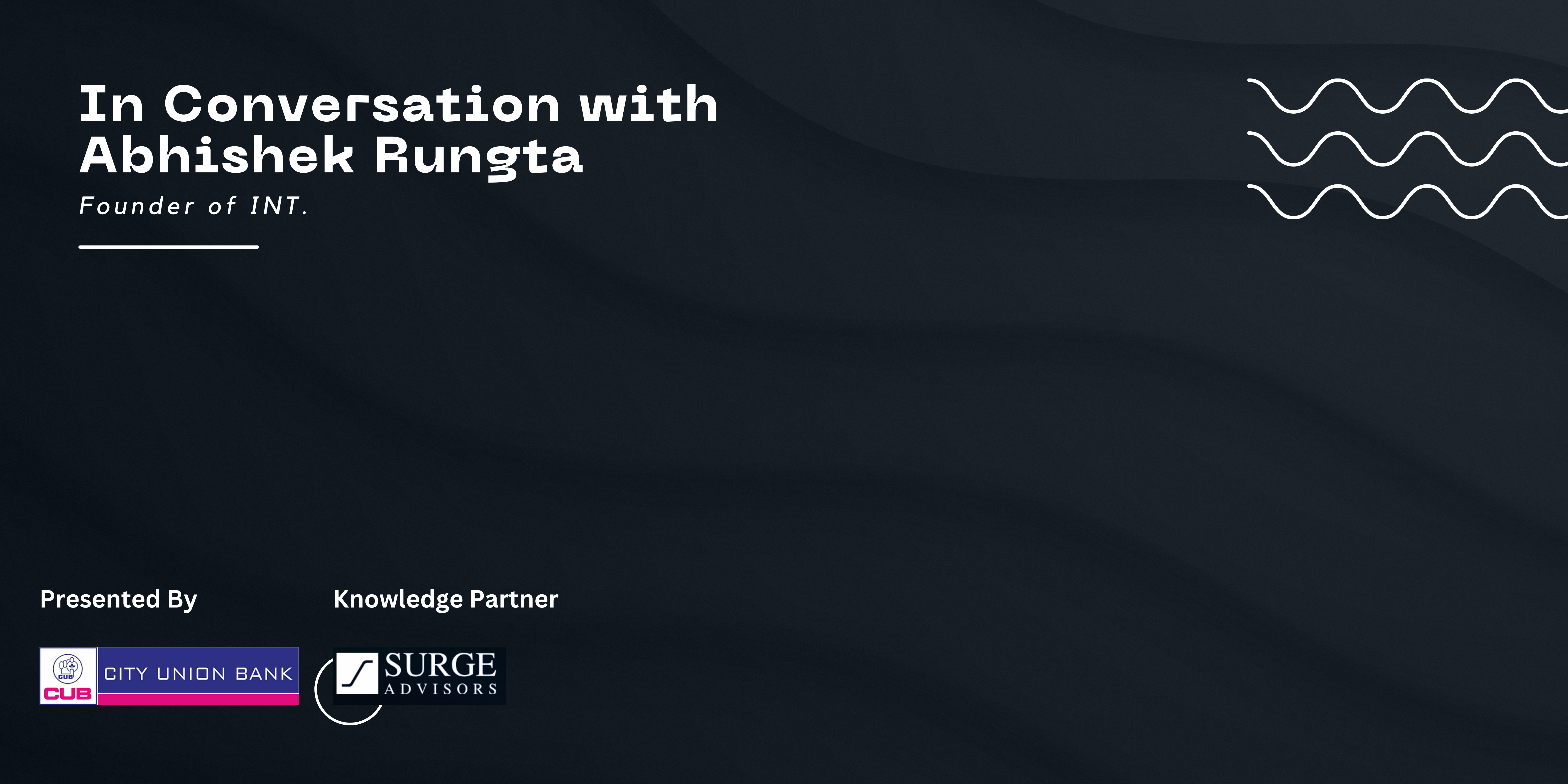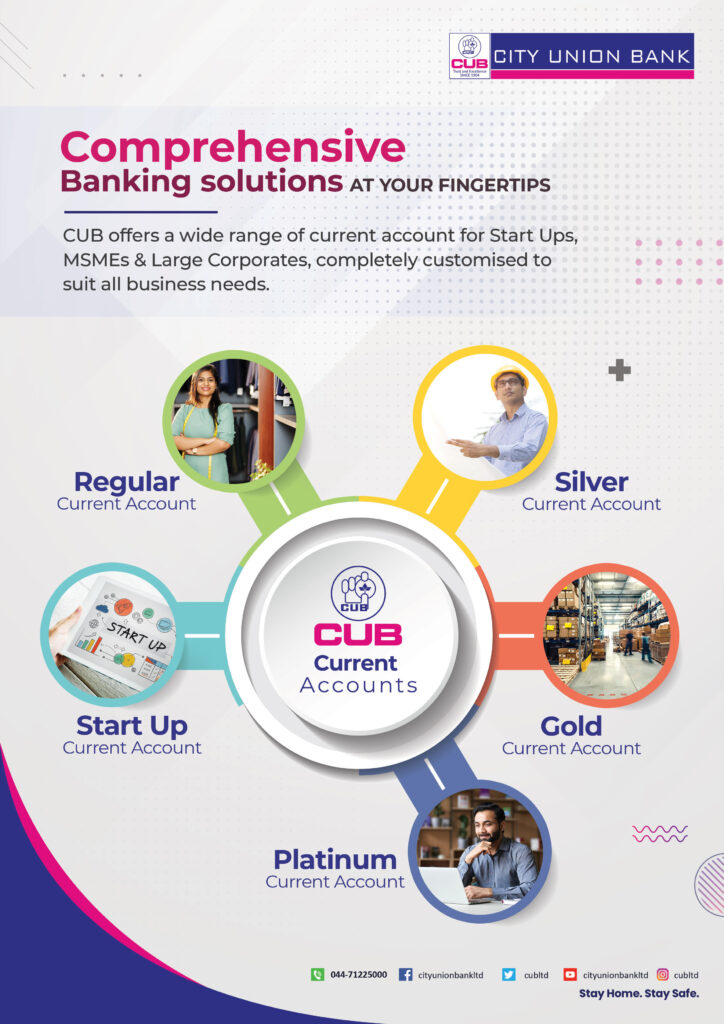The Indian full-stack digital services company, INT, is taking bold steps towards adopting technologies that offer a strong competitive advantage. In the coming years, it plans to grow 3X, encourage employees to move towards a learning culture, adopt newer technologies before a customer need arises, and eventually file for an IPO
 In July 2020, when the world was experiencing a global pandemic and companies were grappling to adjust to the new normal, Indus Net Technologies announced the launch of its new brand identity and growth plans post-Covid. In a press release, its CEO, Abhishek Rungta announced that the company, now known as INT., plans to grow 3X in the next 5 years, file for an IPO, and get listed in the stock exchange.
In July 2020, when the world was experiencing a global pandemic and companies were grappling to adjust to the new normal, Indus Net Technologies announced the launch of its new brand identity and growth plans post-Covid. In a press release, its CEO, Abhishek Rungta announced that the company, now known as INT., plans to grow 3X in the next 5 years, file for an IPO, and get listed in the stock exchange.
INT. is no layman to the IT services industry. Founded over two decades ago, the company offers analytics, digital marketing, mobile, and web development, and creative services to companies in the BFSI and healthcare industries. It has a global presence across India, the UK, the US, and English-speaking Europe, and services companies like Honeywell, Cipla, Bridgestone, IDBI Federal, and Ageas Insurance. “The rebranding exercise reflects our global service, capabilities, and presence. It represents the strong legacy of over two decades in a hyper-dynamic industry with a bold ambition of its young and capable team to innovate & deliver,” said Rungta.
In this interview with the Smart CEO, Runga delves further into how INT. dealt with the pandemic, his views on AI adoption in IT services, and INT.’s plans going forward.
What are your top three priorities as the CEO today?
I’d like to focus on strengthening my team and re-aligning talent management to ensure that we are able to attract and retain the best. Secondly, we want to stay on the digital evolution curve. We need to develop deeper capabilities around analytics, machine learning, artificial intelligence, blockchain, and crypto. The idea is to be there before our customers need these technologies. Lastly, we want to continually grow through organic and inorganic growth channels. We are very bullish on Indian markets and will work to develop deeper inroads in this market.
What kind of challenges did INT. face during the pandemic, and how did you overcome them?
The primary challenge was change management and uncertainty. Things were changing every day. We moved from work-from-office to work-from-home, and then work-from-anywhere. We learned and adapted to survive and thrive literally within days. We had to relook and align our disaster recovery plans and business continuity. We did it by bringing all the team members on one platform and letting them solve these problems.
The market was very uncertain as well, as we moved from high demand to low demand, to explosive demand. And, these demand-supply changes were happening within weeks at times. To cope with this, we innovated on the supply chain through industry partnerships, gig-work, and re-alignment of our marketing and offerings. The key to our success was to see the difference between necessity and desires. We focussed on necessity across the board.
What are your thoughts on the adoption and implementation of AI technologies in businesses?
AI cannot be adopted on day one of our business automation journey. We need to focus on analyzing the existing data, enriching it, and getting insights to take meaningful actions. Once we adopt a data-driven culture, we can start automating and creating machine learning algorithms to create a more intelligent business. Once this matures over time, we can adopt automation through artificial intelligence.
In my opinion, businesses should aim to get assisted intelligence instead of artificial intelligence in the midterm. There are challenges in this journey including – a scarcity of talent, a lack of management buy-in, objection by the team at large, and a deficiency of culture.
Businesses should aim to get assisted intelligence instead of artificial intelligence in the midterm. There are challenges in this journey including – a scarcity of talent, a lack of management buy-in, objection by the team at large, and a deficiency of culture.
What steps has INT. taken towards digital transformation?
As a digital transformation company, we believe in eating our own dog food. Our processes are highly digitized, automated and offer us a strong competitive advantage. This enables us to deliver multiple projects across geographies and lets us operate each team as an independent business within the business. We have strong analytics capabilities, and we have deep insight into people performance, customer and project health, and profitability. This helps us prioritize and make the right decisions.
What initiatives have you taken to upskill your employees?
We have unlimited grants for employees to learn and upskill themselves. On one hand, we’ve identified priority areas and adjacent skills for their growth and performance, and we encourage them to self-learn. On the other, we provide support through interventions, workshops, and hands-on experience.
In fact, we are moving from a training culture to a learning culture because, in a fast-moving world, it’s important to encourage and enable, instead of trying to spoon-feed new skills.
CUB City Union Bank IT 100We are moving from a training culture to a learning culture because, in a fast-moving world, it’s important to encourage and enable, instead of trying to spoon-feed new skills.

